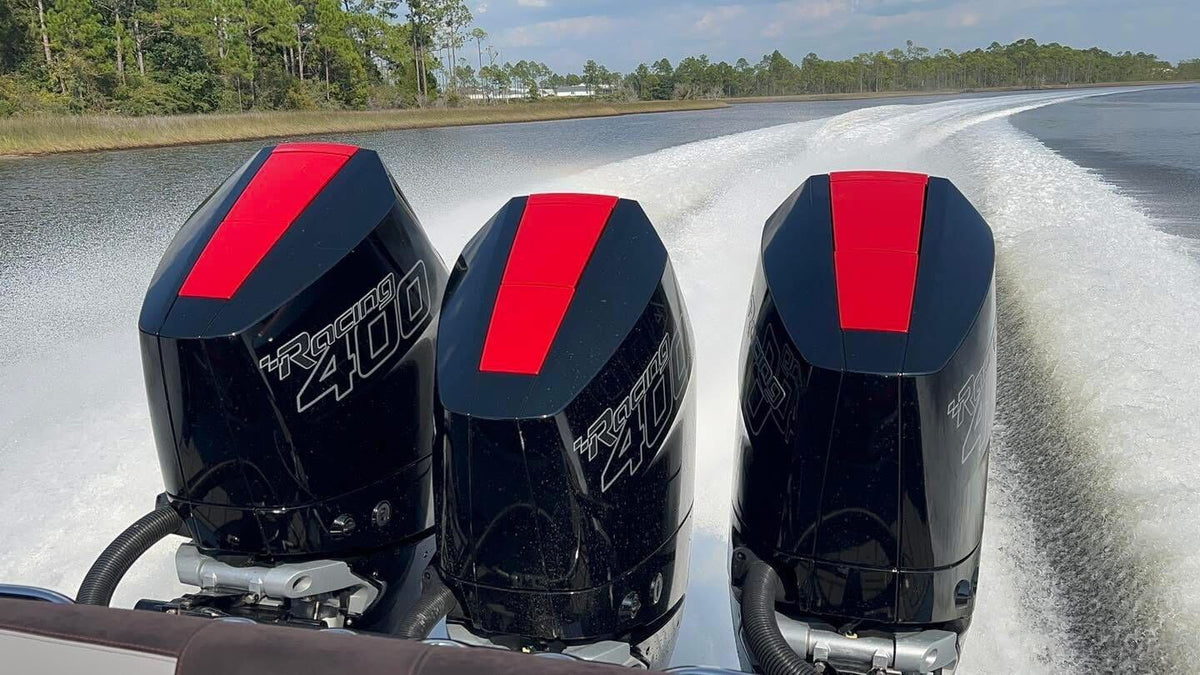
Boat Fuel Guide: Choosing the Right Gas for Marine Engines
|
|
Boating enthusiasts and professionals alike often ponder over the ideal fuel choice for their marine engines. The decision is not just about efficiency; it also involves considerations like engine compatibility, environmental impact, and cost-effectiveness. This comprehensive guide delves into the various aspects of marine fuels, offering insights and recommendations to help you make an informed choice.
When choosing boat fuel, it's essential to first understand the specific requirements of your engine type. Outboard engines, commonly used for smaller boats, generally require a different fuel type compared to inboard engines, which are found in larger vessels.
If possible, try to avoid ethanol fuel altogether, since ethanol attracts water and can cause corrosion and other damage. For outboard motors, it's generally recommended to use E10 (10% ethanol) fuel. E10 is widely accepted and safe for most modern outboard engines. However, it's important to check the manufacturer's guidelines.
Using the correct ethanol blend ensures the engine runs efficiently while minimizing potential damage from ethanol-related corrosion or moisture absorption. Regular engine checks and maintenance are essential when using ethanol-blended fuels.
Use high-quality, marine-grade gasoline with appropriate octane as per manufacturer specs.
Avoid gasoline with ethanol content above 10% to prevent moisture-related corrosion.
Recommended fuels for commercial ships and large yachts:
Marine Diesel Oil (MDO): Cleaner, lower sulfur content, preferred in modern engines.
Heavy Fuel Oil (HFO): More cost-effective, requires preheating, used in older engines.
When choosing between recreational (rec) fuel and regular fuel for boats, several factors need to be considered to determine which is better:
Ethanol-free composition, reducing moisture absorption.
Higher octane rating enhances engine performance and reduces knocking.
Ideal for older boats or engines not designed for ethanol blends.
Extended engine life and reduced maintenance issues.
Downsides: Slightly higher cost and less availability.
Usually ethanol-blended gasoline like E10.
Widely available and more affordable.
Suitable for newer engines designed to handle ethanol.
Practical and economical for frequent boaters.
Fuel additives, particularly octane boosters can be quite beneficial for enhancing the quality of your boat fuel. Higher octane fuel prevents engine knocking, which is essential for high performance marine engines that operate on high-octane fuel.
BOOSTane Marine can achieve up to 116 octane, and is specifically designed to treat boat engines. It also comes with numerous other benefits, including increased lubricity, ethanol stabilization, added cleaning agents and anti-carbon build-up.
Choosing the right fuel for your boat is a critical decision that hinges on several factors, including the age and design of your engine, usage patterns, and environmental considerations.
Use fuels with no more than 10% ethanol.
Consider fuel additives like octane boosters to enhance fuel quality.
Follow manufacturer recommendations for best results.
Ethanol can attract moisture and cause corrosion, especially in older or inboard engines. Using ethanol-free or low-ethanol fuels (no more than 10%) helps prevent these issues.
Recreational fuel is ethanol-free with higher octane, ideal for older engines, while regular fuel usually contains 10% ethanol, is more affordable, and suitable for modern engines designed to handle ethanol blends.
Yes, octane boosters and stabilizers like BOOSTane Marine can improve fuel quality, prevent knocking, reduce carbon build-up, and extend engine life.
Regular inspections and maintenance are recommended, especially if using ethanol-blended fuels, to monitor for corrosion or moisture-related issues.